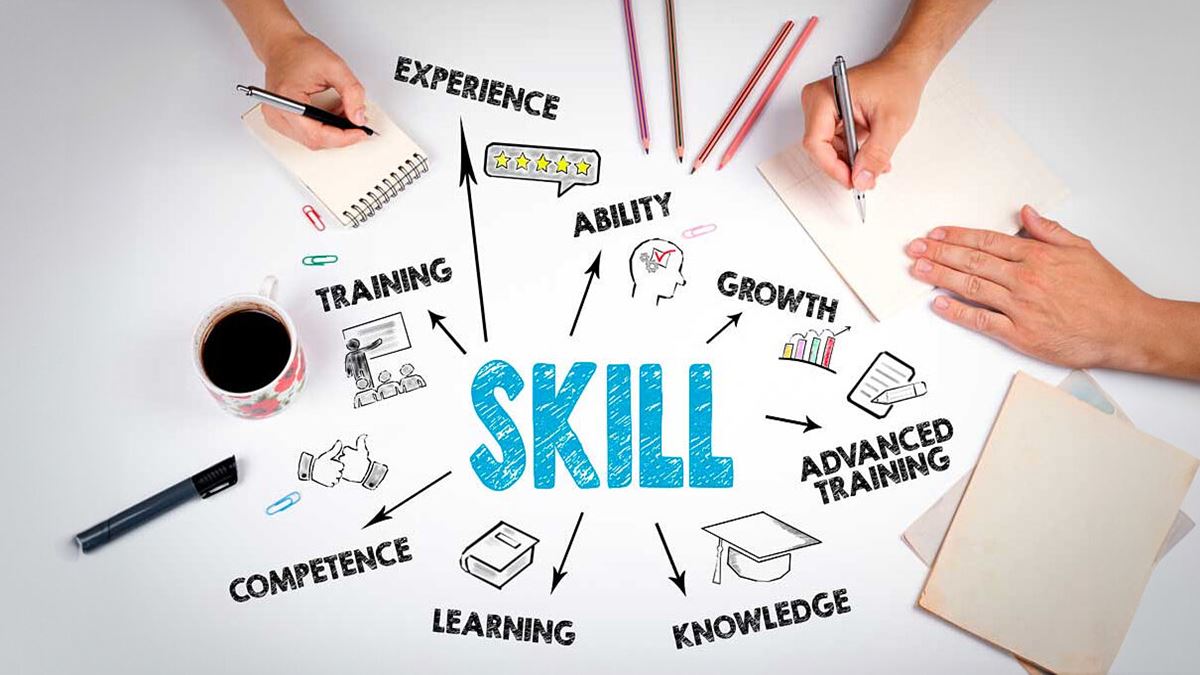Radhika Sharma, a Noida-based professional, was in for a surprise during a recent virtual interview for a technical product manager role at a Singapore-based company. Instead of a human, she was met by an Artificial Intelligence (AI) interviewer.
The bot-led screening lasted 20 minutes, with pre-set questions like “How do you handle conflicting priorities?” and “How do you design a roadmap?” A visible countdown clock added pressure to respond quickly. But what stood out for Sharma was the instant feedback, analysed across parameters like engagement, domain knowledge, and cognitive insights, offered immediately after the session.
“It was structured, mechanical even, but clear and helpful,” Sharma said.
Her experience reflects a growing trend: companies are increasingly deploying AI agents or bots for interviews, spanning from specialised tech roles to high-volume, frontline jobs.
Rise of AI interviewer
The platform where Sharma was interviewed was powered by Chennai-headquartered HRTech startup Hyring. There are many companies that offering similar services, including Apna, GetWork, and Hunar ai. These companies claim to solve problems such as reaching out to candidates at scale, human exhaustion and bias, and initial sourcing. The providers of these AI bots claim that their solution matches the expertise of a human HR executive of up to six years of experience.
Gurugram-based recruitment services provider GetWork is using AI for hiring in two ways — AI Calling Bot and the AI Assessment Agent. The AI Calling Bot makes the initial call to potential candidates to gather information beyond what is mentioned in the resume. The shortlisted candidates are then interviewed by the AI Assessment Agent. It reads the resume and JD, then asks custom, role-specific questions.
According to Rahul Veerwal, CEO and co-founder of GetWork, these tools get the strongest traction in Banking, Financial Services and Insurance (BFSI), followed by retail and startups, including names like NoBroker, DSP Mutual Fund, and Motilal Oswal. “At just ₹4 per call and ₹100 per assessment, it’s helping employers hire 60% more efficiently. The technology is also accessible to job seekers, with a self-service interview coach built in,” he added.
Speaking about the technical details of these bots, Veerwal said, “We’re leveraging language models like OpenAI and Claude, LangGraph for orchestration, and retrieval augmented generation techniques for memory and personalisation (e.g., not repeating questions).”
Perhaps a more grounded implementation comes from Gurugram-based Hunar ai, which is building an ‘operating system’ for hiring India’s vast frontline workforce. These are roles that don’t sit behind desks but drive logistics, sales, operations, and customer service across industries.
Hunar’s voice AI conducts contextual conversations in Indian languages, navigating noisy backgrounds and disorganised data, at a scale of 50,000 interactions a day, Krishna Khandelwal, co-founder and CEO, told TechCircle.
Hunar’s tools are based on foundational models from OpenAI, Anthropic, Gemini, and Grok, with custom infrastructure built to handle noise, price sensitivity, and multilingual users.
Currently, Hunar’s bots are being used by 27 enterprise customers, including Rebel Foods and staffing firms like Layam and Aarvi. Khandelwal makes a bold claim that the bots surpass human agents in terms of engagement. He quoted an internal study as the basis for this observation.
Tread with caution
While AI has influenced early-stage recruitment, it still struggles with deeper assessments. Final interviews, cultural fit, and nuanced conversations are still better handled by humans.
Drawing from her experience, Sharma (quoted above) said that while an AI bot for initial screening is a good use case, for more subjective evaluation, human interaction is needed.
“The AI seemed to be operating off a fixed dataset, likely picking up on keywords or patterns, making the evaluation fairly objective. That’s useful in its own way, but for deeper discussions or more nuanced assessments, human judgment is still irreplaceable,” she said.
Beyond subjectiveness, using AI bots poses potential governance problems. A lot of these tools use these interviews to retrain their model, presenting a potential conflict with privacy and personal data laws.
“A parallel here is the evolution of BPOs; early on, agents would ask for permission to record calls, now it’s a norm. Similarly, as data protection regulations like DPDP come into play, recruiters and platforms will need explicit consent from candidates before using their data to train agents or populate LLMs (Large Language Models),” explained Neeti Sharma, CEO of staffing firm Teamlease Digital.
Easing HR department’s burden
Beyond interviews, AI is being also actively used for other tasks such as job descriptions writing, and resume screening and ranking. Professional networking platform LinkedIn offers AI-assisted job descriptions that can helps recruiters draft job descriptions (JDs) using AI, using inputs such as job title, job location, company, workplace type, job type, and internal skills insights.
Additionally, AI excels at sifting through thousands of resumes quickly. Tools match profiles to JDs based on keywords, skills, and experience. This reduces recruiter workload and brings consistency, though it can miss context or nuance without human oversight.
AI bots are also helping candidates prepare better through mock interviews. The author of this piece attempted to use the AI Job Prep tool from the recruitment firm Apna. Each of these mock interviews lasts for 10 minutes, assessing candidates on a range of skills — technical, domain knowledge, soft skills, and behavioural. According to Apna’s chief product officer, Karna Choksi, the candidates have felt 70% more confident after appearing for such mock interviews.
Source – https://www.techcircle.in/2025/06/20/met-by-an-ai-bot-new-face-of-job-interviews




















